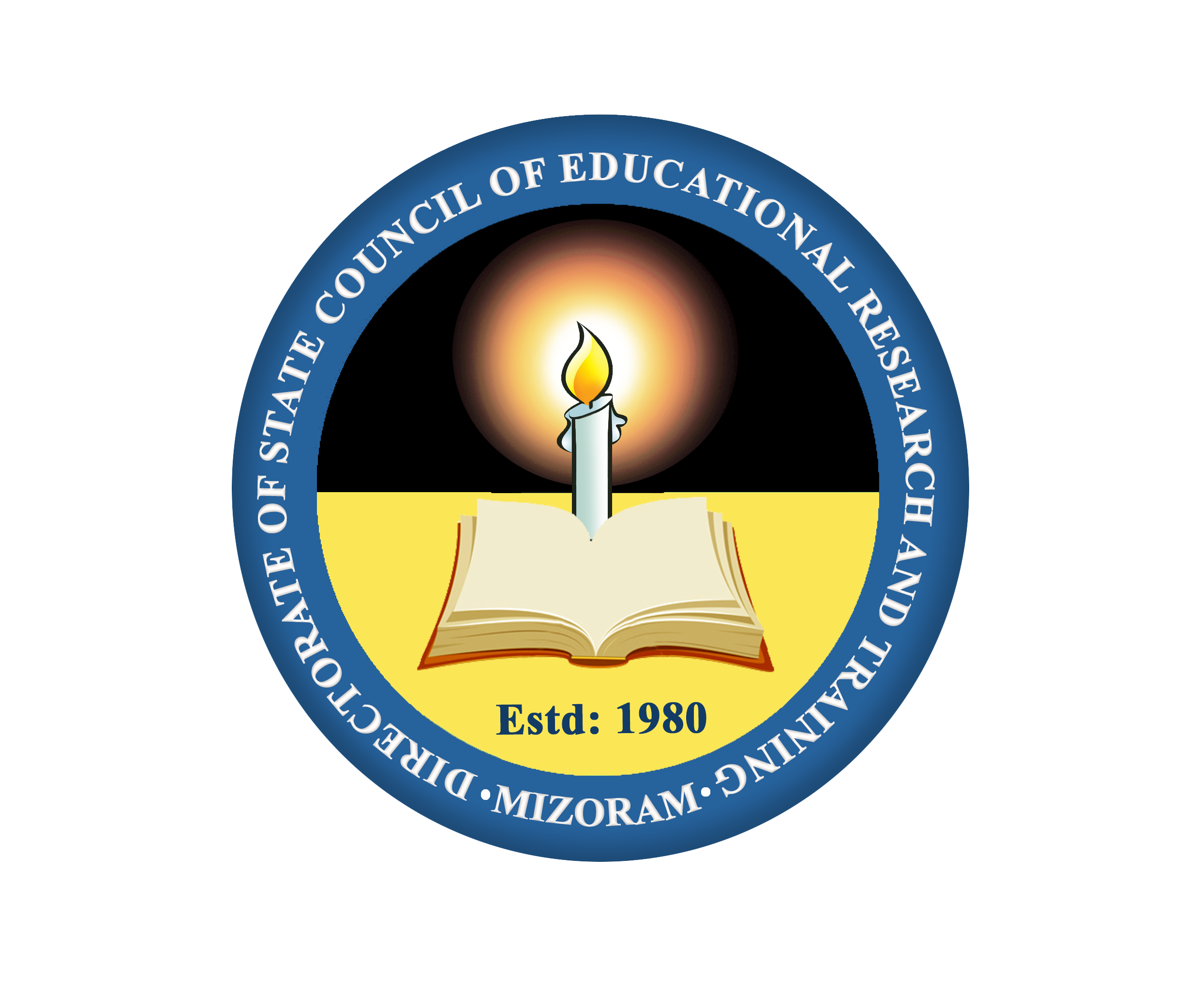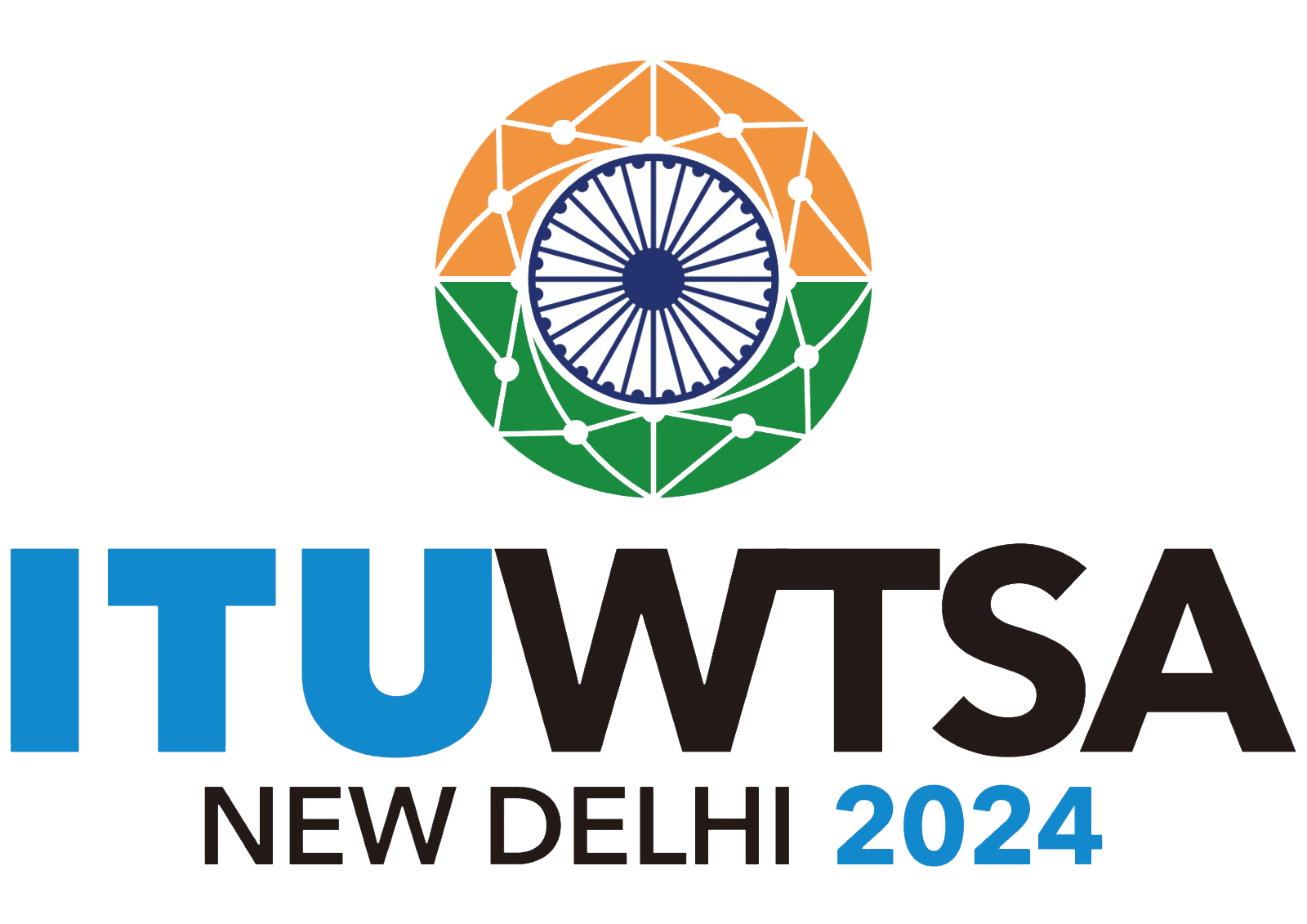Regular Activities / Programmes
1. Identifications: All children with disabilities need to be identified so as to avail the services provided under the scheme.
Identification checklist prepared in Mizo language is distributed to all teachers.
2. Assessment: Children identified or suspected to have disabilities require medical intervention. Medical Assessment confirms the disability of a child. Medical specialists prescribes the right type of assistive devices.
3. Intervention: Children with disabilities are provided with aids and appliances free of cost, namely:
- Wheelchairs
- Spectacles
- Crutches
- Surgical shoes
- Artificial limbs
- Hearing aids
- Walking stick
- Blind stick
- Intervention by way of speech Therapy, Occupational Therapy, Physio Therapy as required is a regular feature.
- Parents counseling is done on a regular basis.
They are also provided (free of cost)
-Books & stationaries
-Uniform allowances
-Transport allowances
-Escort allowances
-Boarding & lodging allowances
-Scholarship for girl disabled students
4. Placement:
The above provisions are financed by Govt. of India, so as to enable all children to get equal opportunities and to give them education which is their right. The school is also prepared for them to be accommodated in spite of their variety of problems.
All students with disabilities are brought to the schools, and they are placed in those schools most convenient to them. Preventing drop outs due to disability is a very important matter.
5. Training of Teachers: All teachers are given training in Special Education as follows:
(1) 3 days Orientation Training.
(2) 4 to 6 weeks Training in Multi-Category Training.
Apart from this SCERT has a Study Centre under Rehabilitation Council of India (RCI). This Centre runs the courses of Foundation in Special Education and B.Ed (Hearing)
6. Training of Parents and Community.
Parents of disabled are given 2 days training for awareness, and management of their disabled children.
Community Awareness Programmes are organized in as many villages, towns, localities as possible because in order to set the communities’ support, attitude change and awareness is very important.
7. Observation of World Disables Day, 3rd December every year.
Other Programmes:
(1) Medical assessment camps in all the eight (8) Districts of Mizoram.
(2) Basic Computer Training for Blind.
(3) Writers Workshops to develop parents handbook, Teachers Guide Book, Picture Dictionary.
(4) Construction of Resource Rooms in 66 schools.
(5) Community Contact Programmes.
(6) Teachers Training Programmes.
(7) Parents Training Programmes.
(8) Measurement and assessment camps for Locomotor Disabled.
(9) Construction of Special Toilets in schools.
(10) Construction of camps in schools.
(11) Printing of Large Print Text Books.
(12) Printing of Braille Text Books.
PUBLICATION
1. Teacher’s Guide Book – “Naupang Mamawh Bik Neite Kaihhruaina”
2. Parent’s Handbook on Management of disabled children.
3. A pawi hma-in a \ul ti rawh (booklet).
4. Picture Dictionary.
5. Vohbik (Magazine)
6. Vohbik hlabu
7. Large Print Tect Books
8. Braille Text Books
9. Ephatha


















